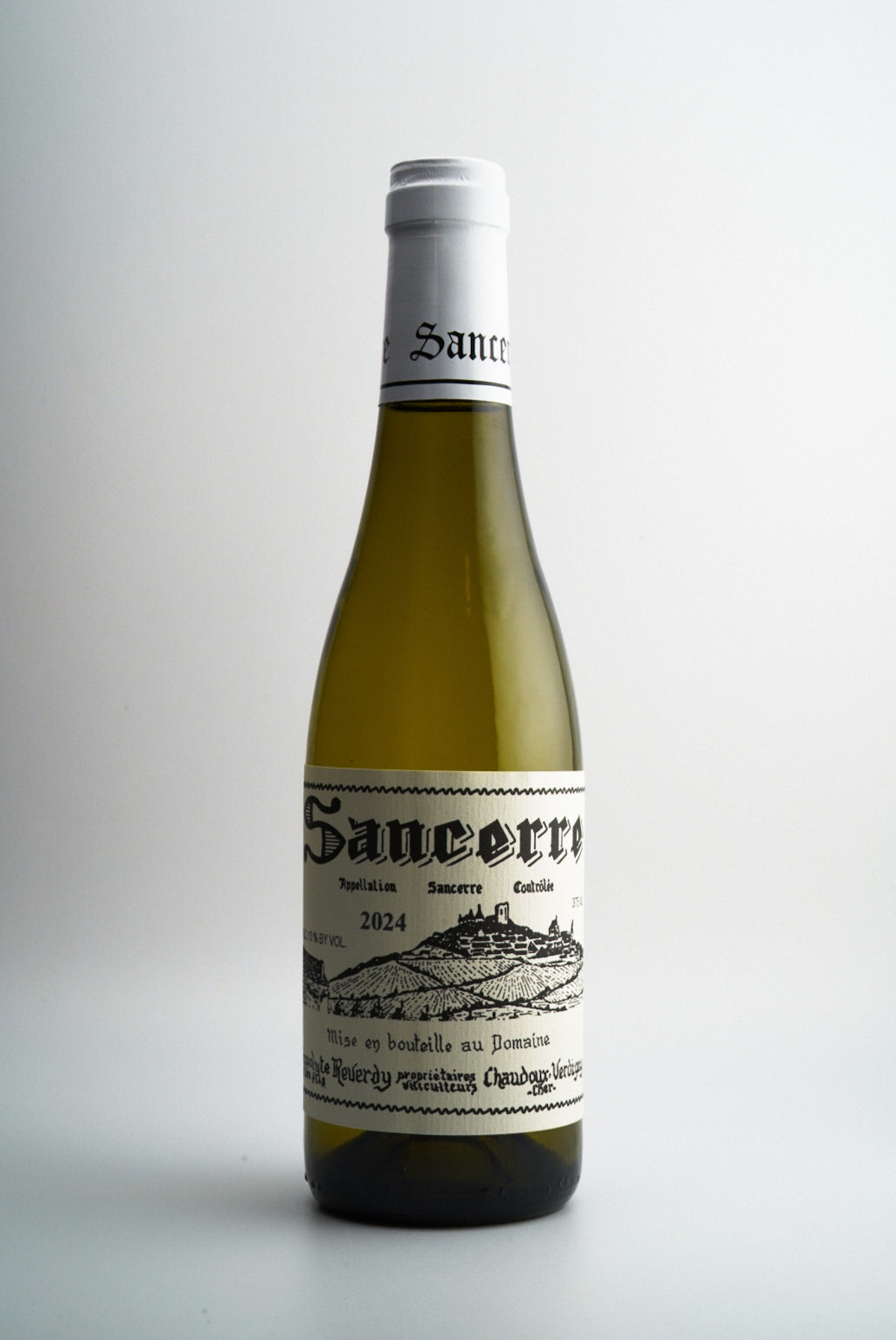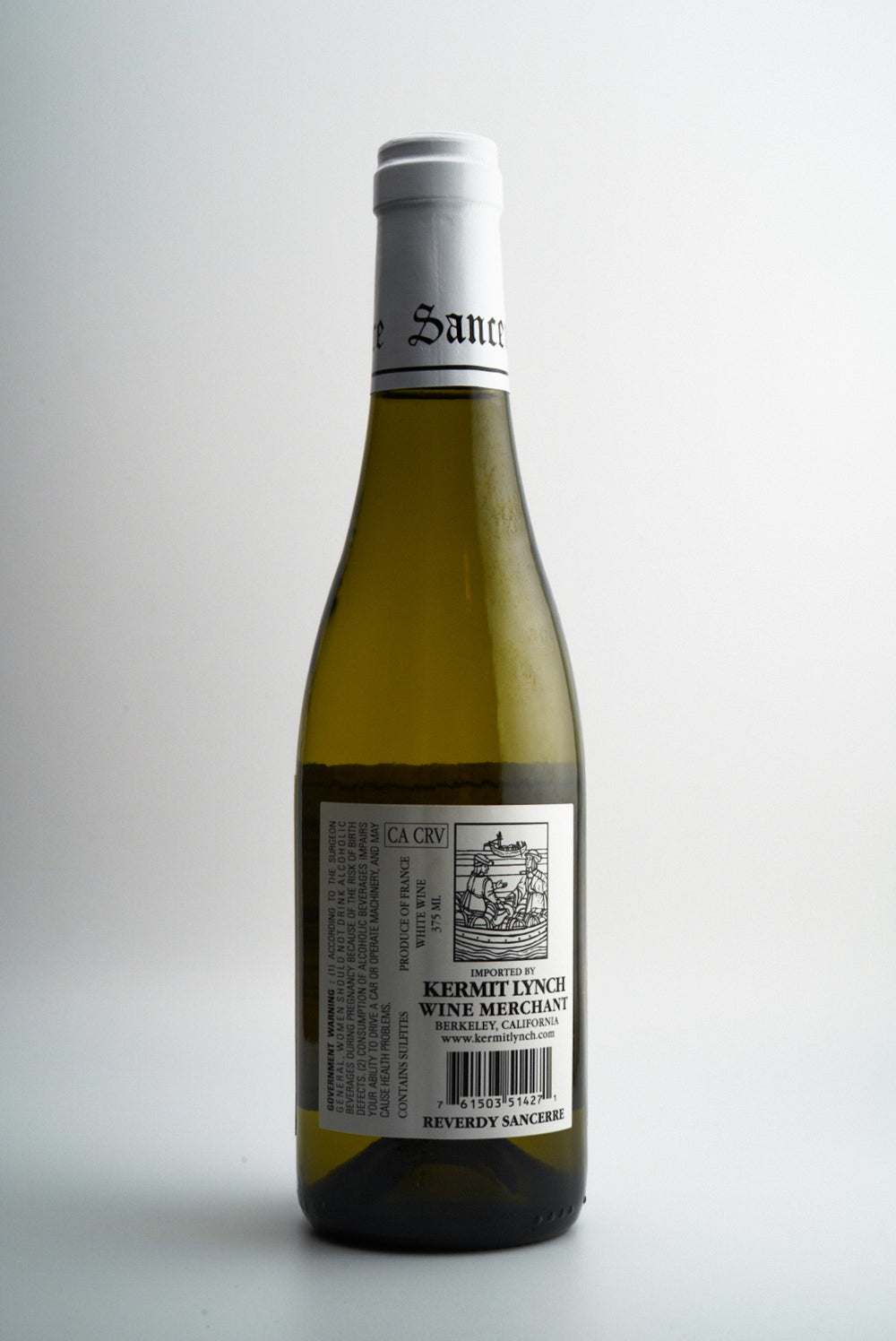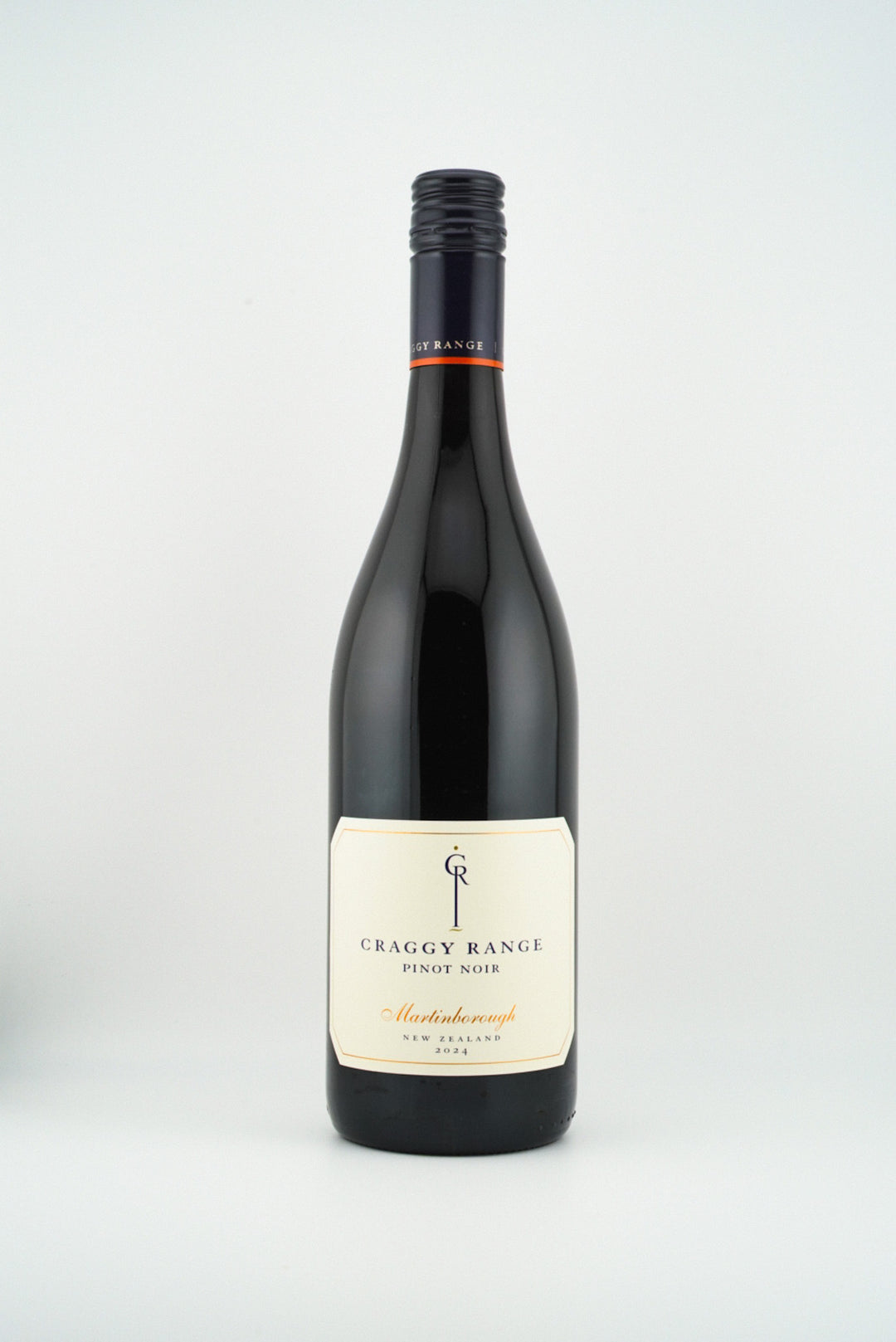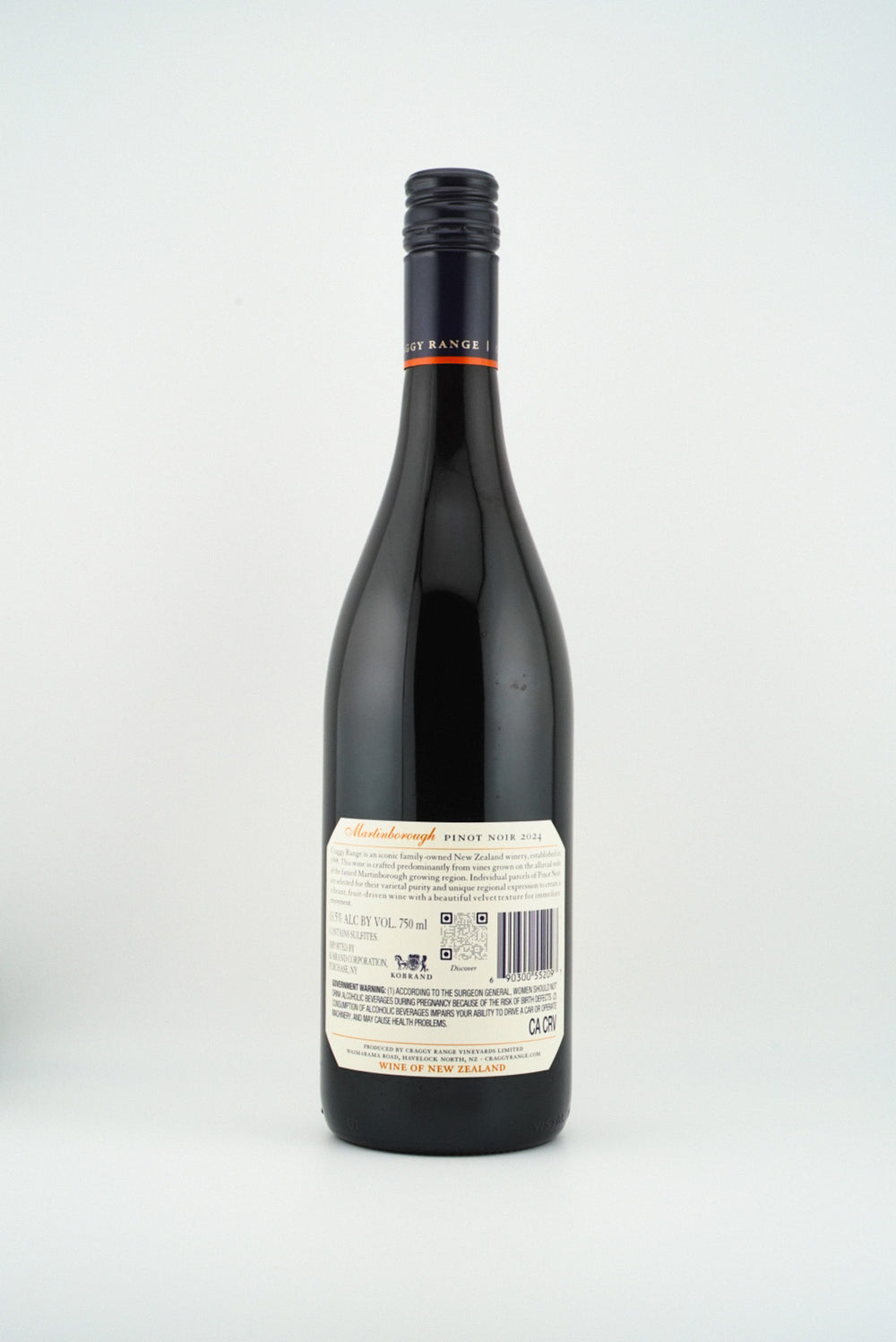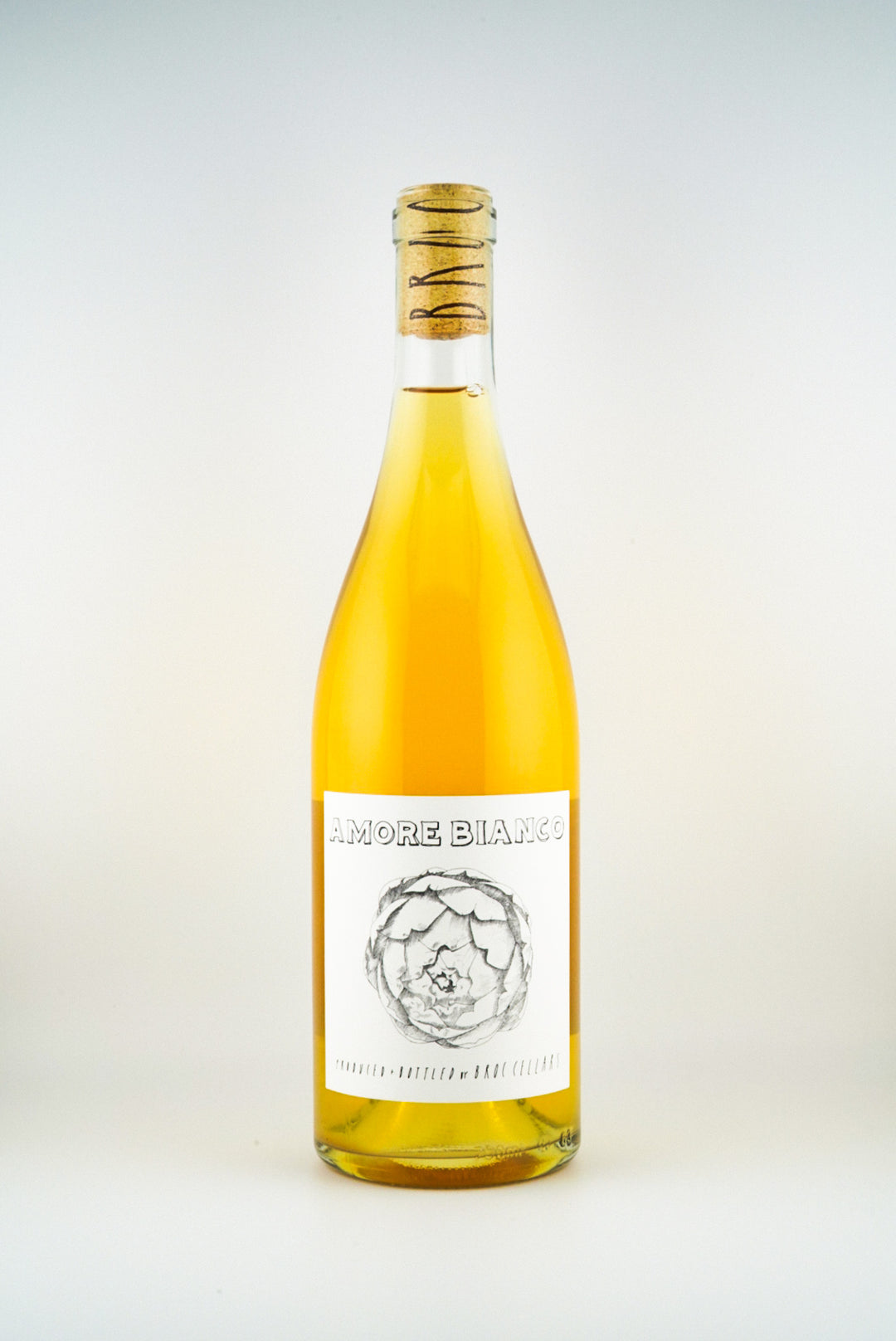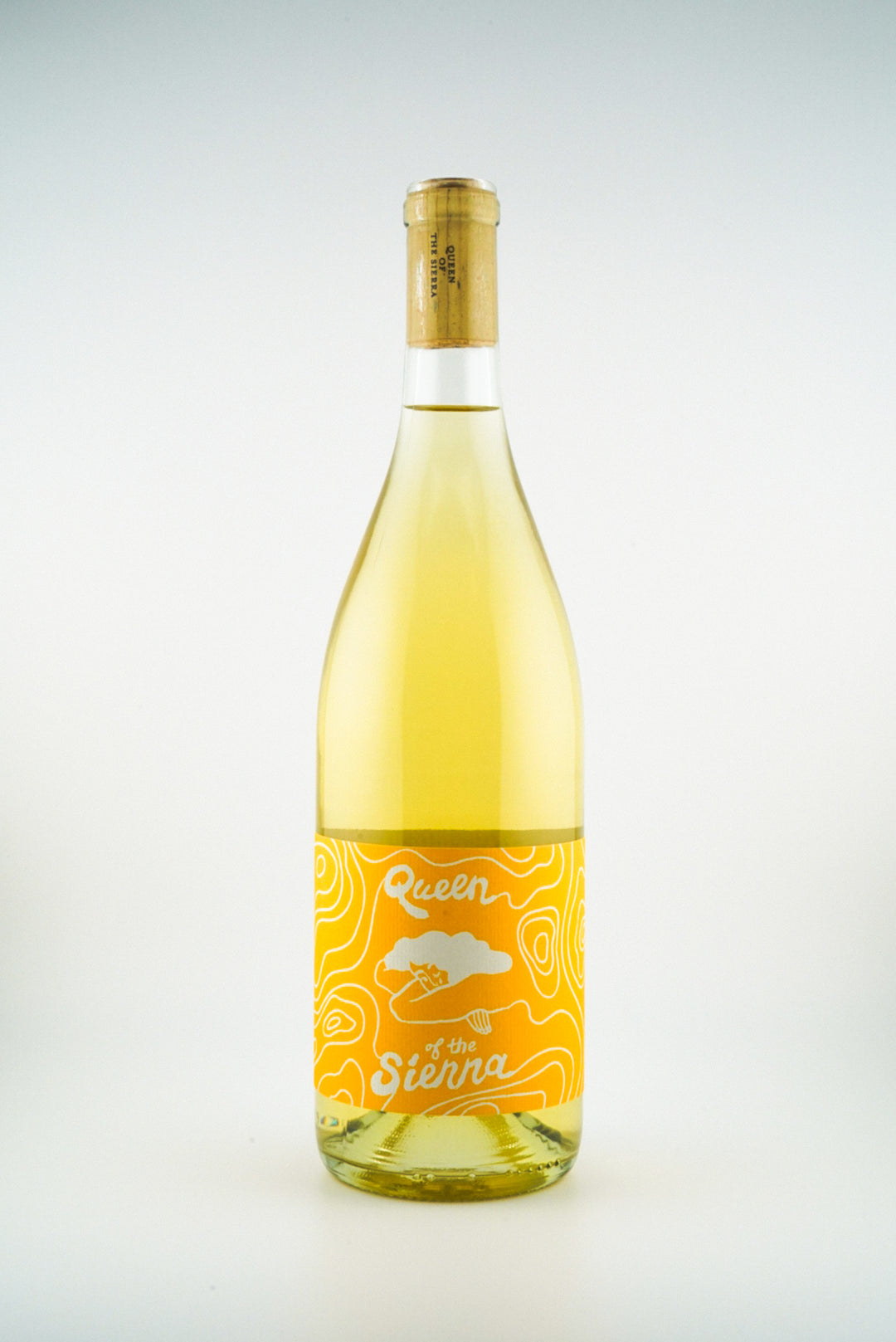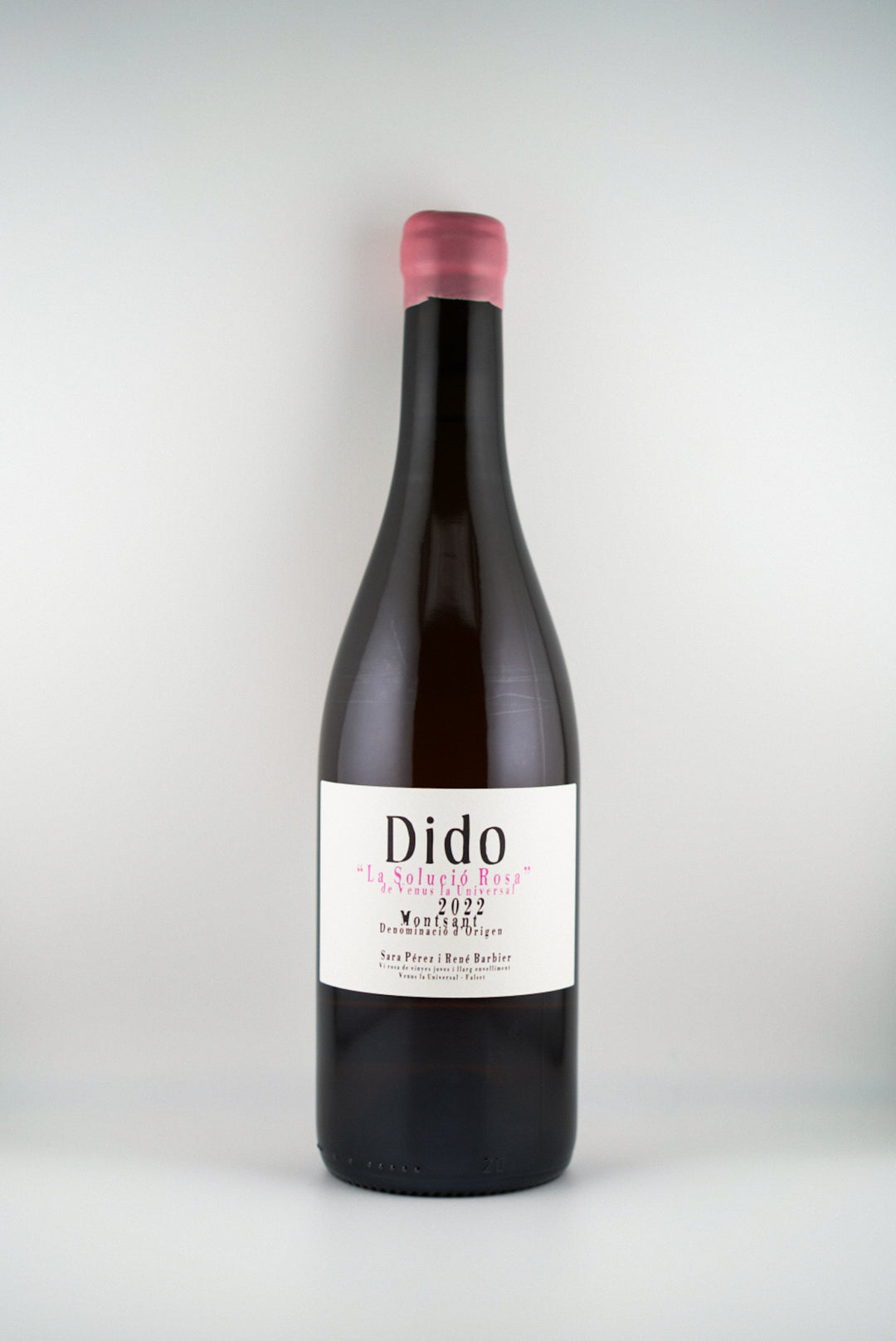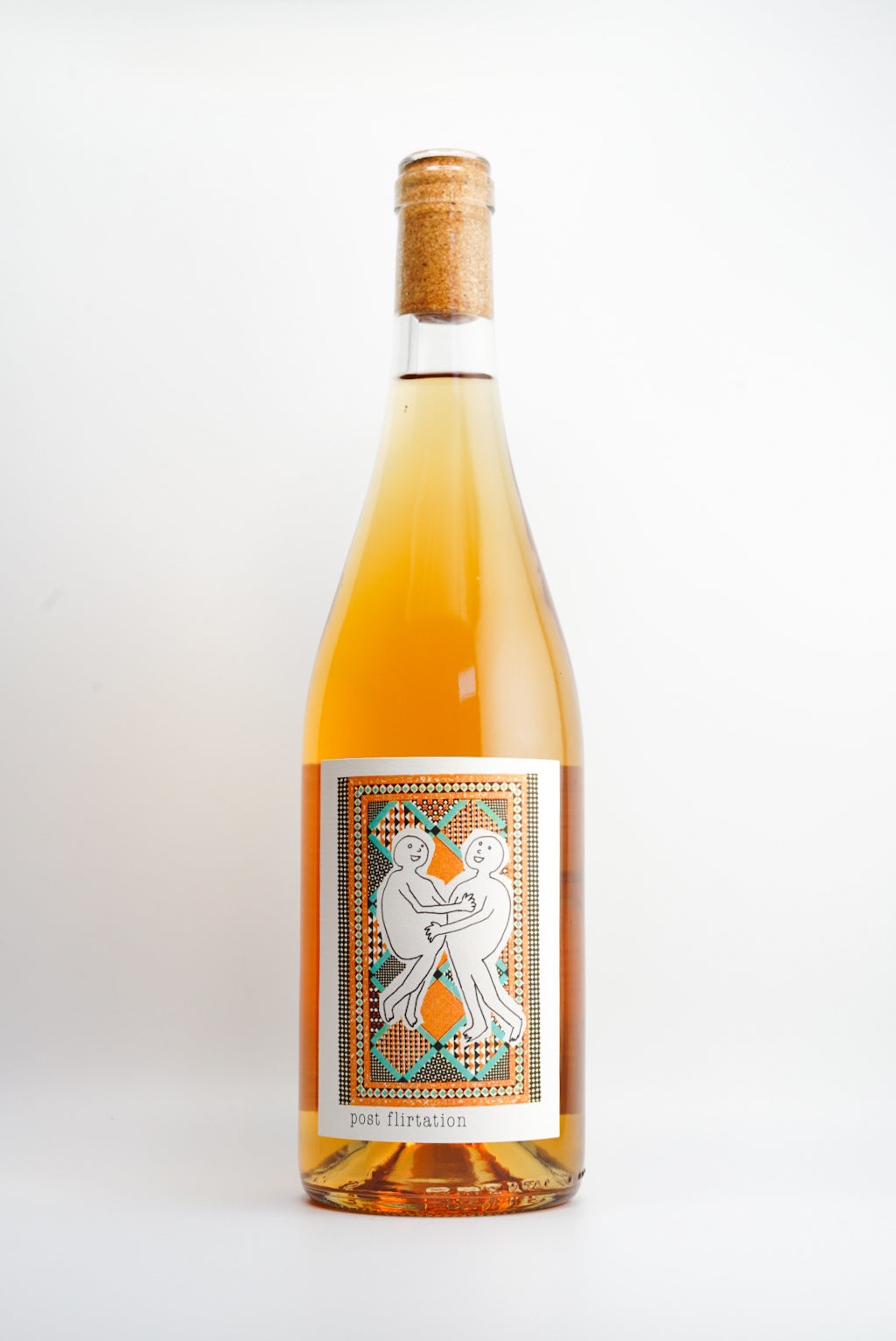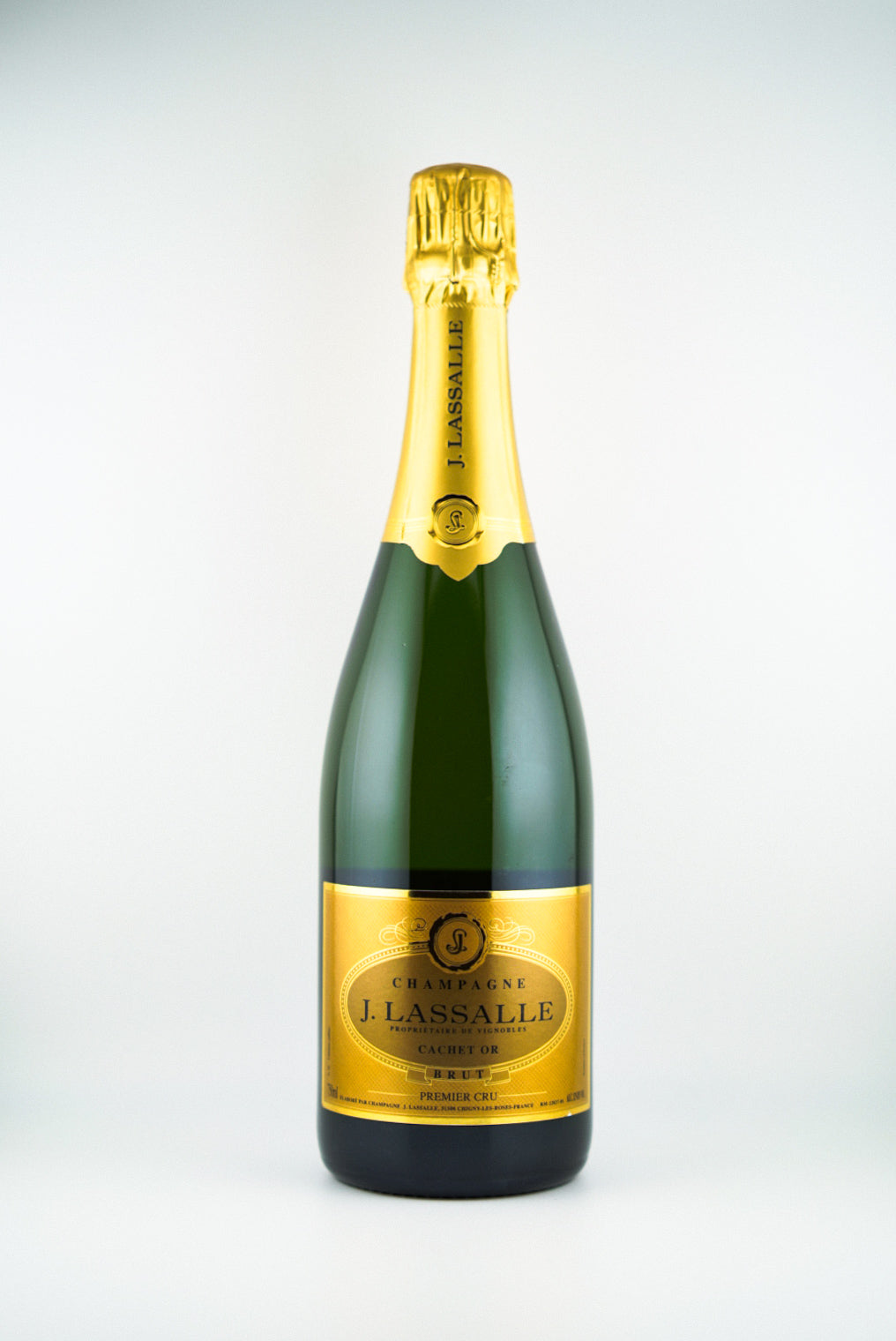Do Wine Critics' Scores Matter Anymore?
The Role of Wine Scores in Consumer Choices
In the world of wine, numerical scores have long held sway. Critics like Robert Parker and Wine Spectator have shaped our perception, making many believe a high score equals quality. A 94-point Cabernet or a 92-point Chardonnay? Must be exceptional, right? While helpful as a benchmark, it's crucial to see their limitations. The surest path to wines you love is personal exploration and tasting.
The Allure and Limitation of High Scores
High scores are alluring. In an overwhelming wine landscape, they offer a shortcut, providing seemingly objective measures of worth. For many, chasing elusive 90+ point wines becomes a quest. But millions of wines out there have earned lofty scores. A quick search on any retailer's site will reveal a flood of 93-point Cabernets, 91-point Pinot Noirs, and 92-point Chardonnays. This sheer volume underscores a truth: scores are imperfect indicators of personal enjoyment.
The Subjectivity of Wine Appreciation
Wine appreciation is highly subjective. Critics evaluate technical merits like balance and complexity, but their scores reflect personal preferences. A 95-point masterpiece to one might be underwhelming to another.
The Vast and Diverse World of Wine
The wine world is vast, with diverse styles, flavors, and textures. From bold Bordeaux reds to crisp Loire whites, from delicate Burgundy Pinots to lush Argentine Malbecs, the spectrum is broad. Within each style, countless expressions exist, each unique.
Personal Preferences Over Scores
A high-scoring wine may not align with your preferences. You may find a 93-point bottle disappointing, while a modestly scored "hidden gem" resonates deeply. This is where personal exploration and tasting shine. By immersing yourself in the wine world, you'll develop a deeper understanding of your tastes.
The Merit and Limitation of Wine Scores
Wine scores have their merit, acting as a benchmark. They guide novices and seasoned enthusiasts alike. But scores shouldn't be the sole criterion. They reflect critics' opinions and reduce the complex wine experience to a number. True value lies in a wine's ability to resonate personally, sparking joy, evoking memories, and enhancing dining.
The Path to Captivating Wines
The path to captivating wines is one of exploration and personal growth. Cultivate an open, curious mindset. Recognize the flavors and textures that excite you. Rather than chasing high scores, seek wines that speak to your palate.
Embracing the Wine World
The wine world is complex, but the rewards are immense. With each bottle, you'll deepen your appreciation for winemaking artistry. Trust your senses and explore with an open mind. Let critics' scores be a guide, but let your taste decide. The joy in wine lies in discovering bottles that speak to your heart and palate.




